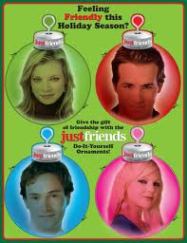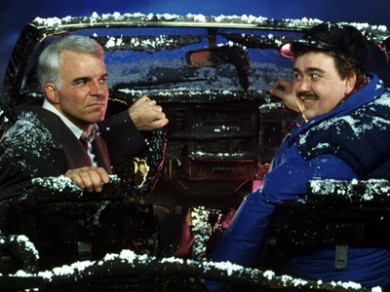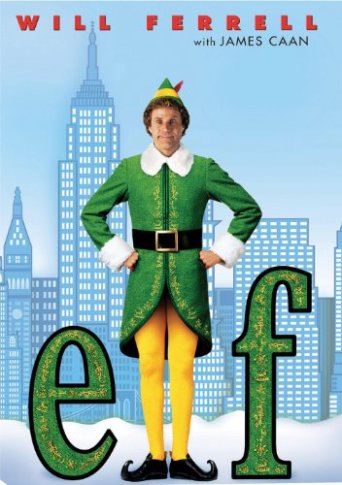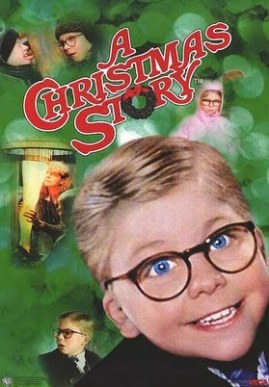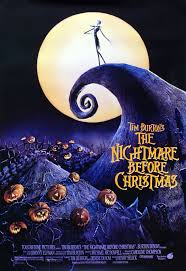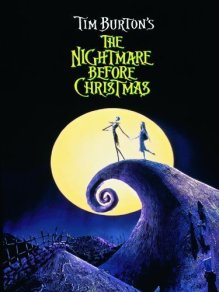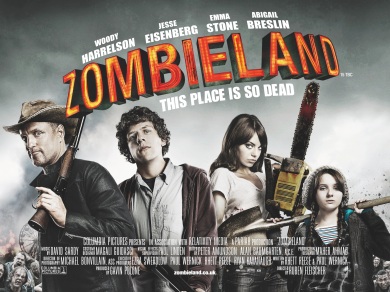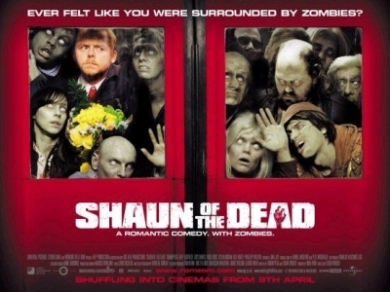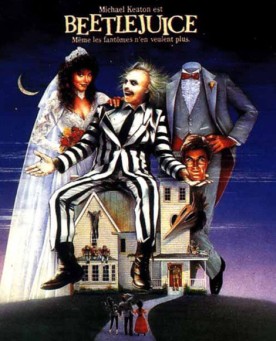It’s already November, so you know what that means. It means we’ve already been through our Halloween movies, airing with commercials over 13 nights on channels like ABC Family. It also means we’re nearing– if not already and might I add prematurely immersed in– our 25 nights of Christmas prelude on that same network. Why do we need a countdown to a countdown for holiday films? Why must we be bombarded with the holidays so early that we haven’t even gotten through one holiday before cinematically, musically (“All I Want for Christmas is You” is practically the pop radio anthem telling us it’s November, isn’t it?) and commercially we are celebrating another?
Why are there no Thanksgiving movies (nice try, Free Birds, I respect your valiant animated attempt recently to re-instate the turkey day’s place in cinema as more than just Christmas movie time) and further, what makes a holiday movie more than just a rom-com or a family-dramedy set during a holiday? In this edition of Redhead Temper, I am hoping to explore these questions, but it would probably take an old fashioned Christmas miracle to really answer them.
The other night, I watched the Ryan Reynolds romantic-comedy-set-at-Christmas-time Just Friends. I was trying to figure out though why exactly it had to be set during Christmas. Sure, the decorations and snow make for various slapstick situations; jokes are made amidst Christmas carols, and ice skating, hockey and the cold weather are all played for laughs. But other than that, it’s just another silly rom-com. Then, I started thinking about when it was released: November 23rd (so we can assume Thanksgiving of 2005).
So, let me see if I understand the trend correctly then: “Christmas” movies come out during Thanksgiving and the movies that actually come out around Christmas are things like last year’s big releases Django Unchained and Les Miserables, because by the time you hit December 25th, you don’t need to build up that jolly attitude anymore. You’ve been there and done that, starting with Thanksgiving if not earlier! And it does on some level make sense. John Hughes’ 1987 film Planes, Trains and Automobiles is the only film I could think of that centers on two men trying to make it home for Thanksgiving and not Christmas, but ultimately, the values of family togetherness and celebration are in place during both holidays so taking the risk and making it about one as opposed to the other barely made a difference, perhaps.
What is the difference, then, between holiday movies and those which merely use holidays as catalysts or backdrops? Groundhog Day is an example of taking a holiday often forgotten by the cinema (because it barely is a holiday in the first place, let’s be honest) and making it work to the film’s advantage when we find our protagonist forced to engage in the silly tradition of the “holiday” over and over again, among other aspects of the day which we so want him to eventually get right. But then there are films like Valentine’s Day and New Year’s Eve where I wonder why Gary Marshall insisted on putting his star-bloated cast through trite and monotonous scenarios that were strained even further by holiday tropes that no one really wanted or needed to see on screen in the first place.
But, those tropes do often work if the film in question is indeed a holiday movie, which I would define as dealing directly with themes that correspond with the holiday’s meaning and characteristics in real life. I think Elf does this most effectively but without taking itself too seriously or sentimentally either, making it an instant classic for children and adults alike. It has a touch of romance, a lot of humor, and one of those age old messages of believe-in-Santa-and-spend-more-time-with-your-kids, but it is still singular enough in its plot and characters (Will Ferrell’s Buddy strikes another tricky balance: we laugh at his Christmas cheer while also being totally infected by it ourselves. We can’t help but root for him in his innocence while also scoffing at his naivete). Oh, there is also that anomaly of Die Hard being an action movie set during Christmas, but even then, certain themes about family certainly do emerge through the violence and bloodshed. Then there are things like Iron Man 3 whose Christmas backdrop might seem totally random and digressive if the film came out in May and is about a superhero, but I never claimed to have all the answers so let’s move on.
All the other films we consider true Christmas classics which I’ll assume I don’t even have to name, do the same thing: they take aspects of the holiday and portray them in a heartfelt, feel-good way on screen. Or, on the flip side, maybe they play with these very notions even more than Elf does, making the films classics more for their daring and ability to do something unique within the holiday film formula and the themes that implies. The films that comes to mind then would be A Christmas Story or Bad Santa.
Maybe these films which merely use the holiday as a backdrop were trying to do something unique themselves and suddenly this has become a norm that isn’t really any less cheesy or more fun than the films which can truly be called holiday movies as per my definition. Hallmark channel, another television culprit of the crime that is corny-Christmas-movie overload, doesn’t replay our favorites over and over again but instead holds marathons of made-for-television movies that are so sickeningly formulaic, they put all the other films I’ve been mentioning to shame. We usually see a single mother who marries Santa, or some other candy-cane-harlequin set up that would drive just about anyone to the eggnog.
I’m not saying these films don’t have their own merit (I guess) but what I am saying is that we need to re-evaluate our commercial cinema’s formats and tendencies when it comes to the holidays. Why do people want to see Christmas-set romances versus movies that actively use Christmas as a focal plot point as opposed to a mere catalyst for flirtatious mishaps? Maybe both eventually end up feeling as stale as a week-old Gingerbread house, in which case there is no real solution and both prove to be predictable and overdone. Do they both satisfy the same needs for viewers? Do audiences learn the same morals? And if warming hearts is the goal for these films in this particular season, are their hearts warmed equally by either?
There is a reason Christmas films (of either kind) remain popular (even if not in the critical realm always), but other holidays barely stand a chance of having movies made about them, or if they do, they don’t often translate or succeed. Even when it comes to Halloween, we have our horror movie fare and our cutesy children-oriented movies like Hocus Pocus. There is barely ever a successful in-between, and I wonder if that’s problematic.
The only things that come to mind of course might be Halloween or the cult hit Trick r Treat. The latter actually had its first screening in December despite it being a Halloween-set anthology horror film. And the former isn’t really considered more Halloween-appropriate than any other horror movie would be, is it? For some reason, this seems to be a holiday that relies more exclusively on genre itself than it does on specific narrative tropes that deal with setting/time of the year. And don’t get me started on things like the campy classic Gremlins or the much beloved A Nightmare Before Christmas (which to me does succeed so well at commenting on multiple holidays at once in a creative and beautiful way) and horror-Christmas crossover features (which are often not that great) like Black Christmas, P2, and Jack Frost. The complications are almost endless and clearly quite interesting but they’re also still exceptions to the rule. Even when these films themselves don’t really work though, it’s still a shame to me that they’re so few and far between. I feel like they fully defy everything that is “holiday film,” automatically making them fascinating to try and fit into this spectrum I’m presenting.
Then again, as mentioned, Christmas movies do most often come out during Thanksgiving, so should “Halloween movies” (air quotes being because, again, there aren’t a whole lot of them) come out for fourth of July? And then what, if anything, must we do with something like Independence Day. Okay, maybe I’m getting ahead of myself. But when is the appropriate time to watch an evil Santa or a Christmas serial killer anyway?
Maybe there isn’t really even an issue per se. I just think it’s interesting to more deeply consider this weird categorization of “holiday films” instead of taking all of this as totally normal and understandable. Because ultimately, in my opinion, this very categorization (and the sense of timing it assumes) fits more into a capitalist view of holidays– with Christmas decorations being sold in stores during what still feels like summer outside–than a true desire among the movie-going public.

